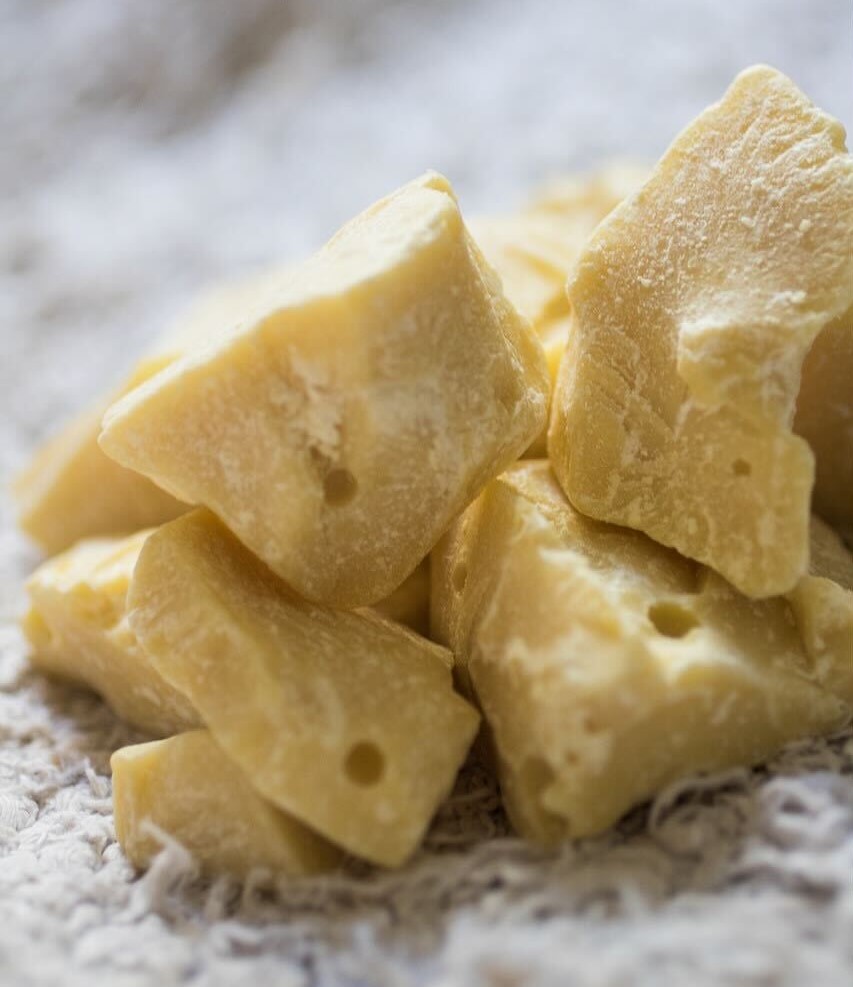Shea Butter: Ghana’s Hidden Economic Gem
Date Posted: 2025-03-06 11:32:48

Shea butter, often referred to as "women's gold" in Ghana, is more than just a cosmetic ingredient. It is a vital economic commodity that supports thousands of livelihoods, particularly for rural women involved in its production.
The shea butter industry has witnessed a surge in international demand, particularly in the cosmetics, pharmaceutical, and food industries. From skincare brands to chocolate manufacturers, shea butter has become highly sought-after due to its moisturizing, healing, and anti-inflammatory properties. With global demand steadily rising, Ghana has a chance to position itself as a major supplier of high-quality shea butter in the international market.
According to a UN article, the top producers of shea nuts include Nigeria, Mali, Burkina Faso, Ghana, Togo, Benin, and Côte d'Ivoire. However, even though Nigeria is recognized as the world’s largest exporter of shea butter, many believe that Ghana produces the finest quality.
Ghana exports shea butter to several countries across different continents. Some major export destinations include: the United States, the United Kingdom, France, Germany, Netherlands, China, Japan, United Arab Emirates, South Korea and India.
Opportunities in Shea Processing:
While Ghana exports large quantities of these raw shea nuts, the real economic opportunity lies in value addition through processing. By investing in modern processing techniques, the country can increase its exports of refined shea butter and finished products such as lotions, soaps, and balms. This not only enhances revenue but also creates jobs and strengthens the local economy.
There are many exciting opportunities for the country in this sector. For instance, setting up more local processing facilities could help the country move away from exporting raw nuts and instead produce high-quality shea butter for global markets. Also, by meeting organic and fair-trade certification standards, Ghanaian shea butter can truly stand out in premium markets. Finally, building stronger trade partnerships with international beauty, food, and pharmaceutical brands can boost demand and secure better prices for our producers.
Challenges and the Way Forward
Despite its potential, the shea butter industry faces challenges such as climate change, inconsistent production quality due to lack of mechanization, and limited access to finance for small-scale producers. Addressing these issues through government support, technological advancements, and sustainable harvesting practices will be crucial in unlocking the full potential of the industry.
In conclusion, Ghana's shea butter industry has immense potential in the global market that shouldn't go untapped. By focusing on value addition, sustainability, and market expansion, Ghana can fully leverage its shea butter to fuel economic growth and uplift local communities.
Similar Blog Posts

In today’s fast-moving trade environment, guessing is no longer a strategy. Gone are the days when traders relied sole

Africa’s agricultural sector is on the rise, and so is global demand for its produce. As the continent continues to bu

Africa isn’t just a participant in the global commodity market, it’s a driver. The continent holds: 30% of the worl